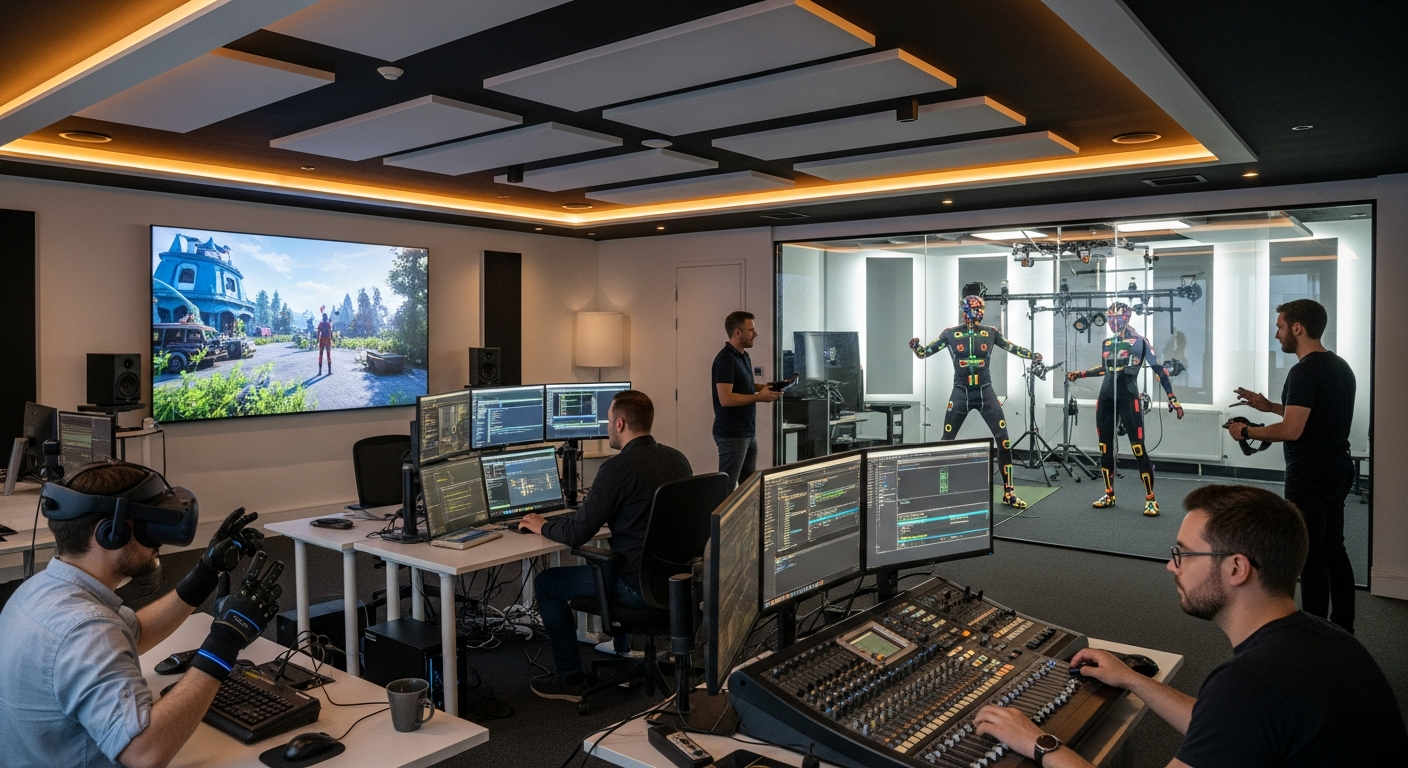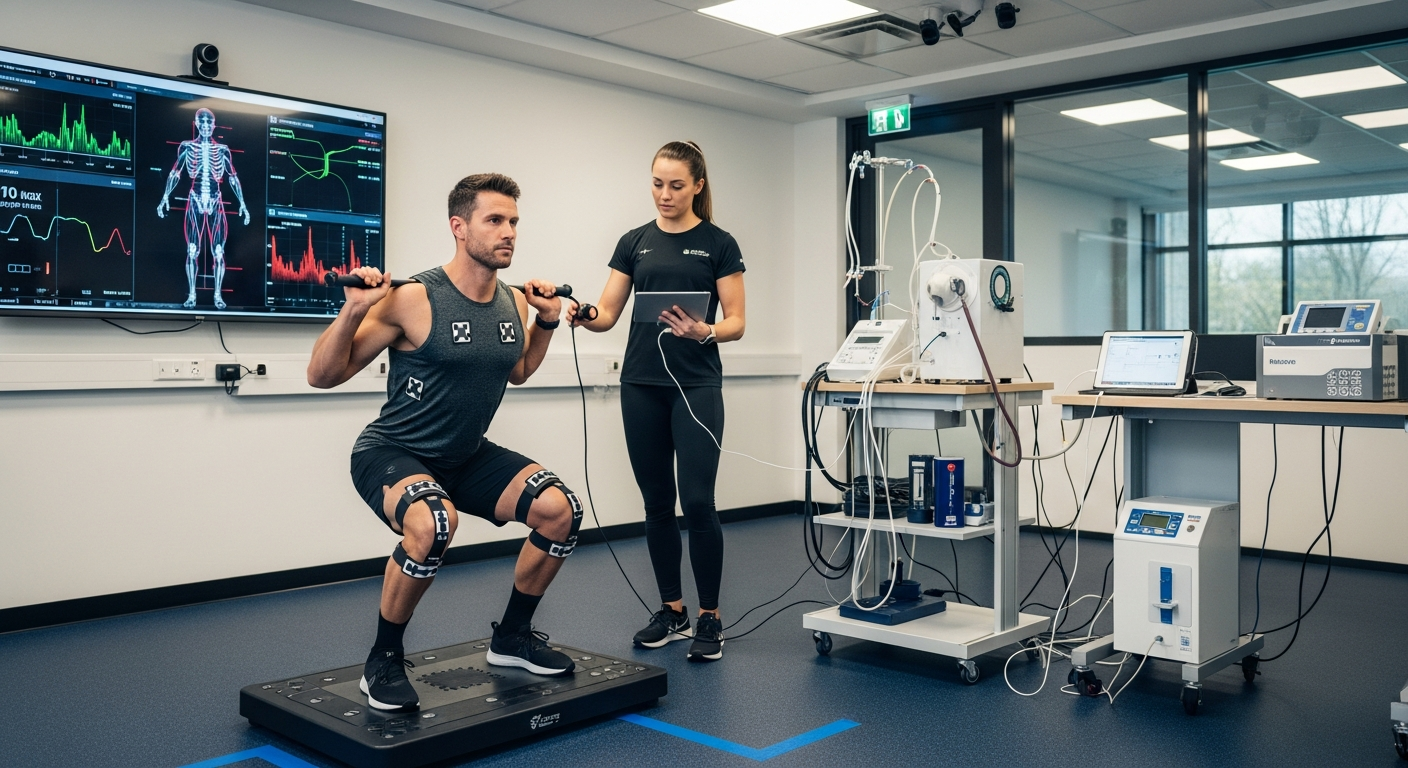Cultivating Resilience: The Cornerstone of Career Longevity
In today's rapidly evolving job market, professionals face unprecedented challenges and uncertainties. This article explores the critical role of resilience in building a sustainable and fulfilling career, offering insights into developing this essential skill and leveraging it for long-term success.

The Evolution of Career Resilience
The notion of career resilience has undergone significant transformation over the past decades. Originally viewed primarily as the ability to bounce back from job loss or career setbacks, the concept has expanded to encompass a broader set of skills and mindsets. Today, career resilience is understood as the capacity to thrive in the face of ongoing change, uncertainty, and challenges within one’s professional life.
In the 1990s, as globalization and technological advancements began to reshape the job market, researchers and career experts started to recognize the importance of adaptability and continuous learning. This shift marked the beginning of a more holistic approach to career development, emphasizing the need for individuals to take an active role in managing their professional trajectories.
The Psychological Foundations of Resilience
At its core, career resilience is rooted in psychological resilience – the ability to cope with stress and adversity. Psychologists have identified several key components that contribute to an individual’s resilience, including optimism, emotional regulation, self-efficacy, and social support. These elements play crucial roles in how professionals approach challenges and setbacks in their careers.
Research has shown that individuals with higher levels of resilience tend to have better job satisfaction, performance, and overall well-being. They are more likely to view challenges as opportunities for growth rather than insurmountable obstacles, leading to greater innovation and problem-solving capabilities in the workplace.
Developing a Resilient Mindset
Cultivating a resilient mindset is a crucial step in enhancing career longevity. This process involves reframing challenges as learning opportunities, practicing self-compassion, and maintaining a growth-oriented perspective. Professionals who adopt a resilient mindset are better equipped to handle the inevitable ups and downs of their careers without becoming discouraged or disengaged.
One effective strategy for developing this mindset is through cognitive reframing techniques. By consciously challenging negative thought patterns and seeking alternative perspectives, individuals can build mental flexibility and resilience. Additionally, setting realistic goals and celebrating small victories along the way can help maintain motivation and a sense of progress, even in the face of setbacks.
Building a Resilience Toolkit
While mindset is crucial, practical skills and strategies also play a vital role in career resilience. Developing a diverse set of professional skills, staying informed about industry trends, and cultivating a robust professional network are all essential components of a resilience toolkit. These elements provide professionals with the resources and support needed to adapt to changing circumstances and capitalize on new opportunities.
Continuous learning and skill development are particularly important in this regard. By regularly updating their knowledge and capabilities, professionals can remain relevant and valuable in their fields, even as job requirements evolve. This might involve pursuing additional certifications, attending workshops, or engaging in self-directed learning through online platforms.
The Role of Organizations in Fostering Resilience
While individual effort is crucial, organizations also play a significant role in fostering career resilience among their employees. Forward-thinking companies are increasingly recognizing the value of resilient workforces and implementing strategies to support this quality. This can include offering professional development opportunities, creating mentorship programs, and fostering a culture that encourages innovation and learning from failure.
Organizations that prioritize employee resilience often see benefits in terms of increased productivity, lower turnover rates, and improved adaptability to market changes. By investing in their employees’ long-term career sustainability, these companies create a win-win situation that benefits both the individual and the organization as a whole.
Measuring and Tracking Resilience
As with any skill or quality, the ability to measure and track progress is crucial for improvement. While resilience can be challenging to quantify, there are several approaches that professionals and organizations can use to assess and monitor this attribute. Self-assessment tools, feedback from colleagues and supervisors, and tracking career milestones and setbacks can all provide valuable insights into an individual’s resilience levels.
Regular reflection and self-evaluation are key components of this process. By periodically assessing their responses to challenges and setbacks, professionals can identify areas for improvement and track their progress over time. This ongoing process of self-awareness and growth is fundamental to building lasting career resilience.
In conclusion, cultivating resilience is not just a valuable skill but a necessity for long-term career success in today’s dynamic job market. By understanding the psychological foundations of resilience, developing a resilient mindset, building a comprehensive toolkit of skills and strategies, and working within supportive organizational structures, professionals can enhance their ability to navigate challenges and thrive in their careers. As the nature of work continues to evolve, those who prioritize and develop their resilience will be best positioned to adapt, grow, and succeed in the face of whatever challenges the future may bring.






